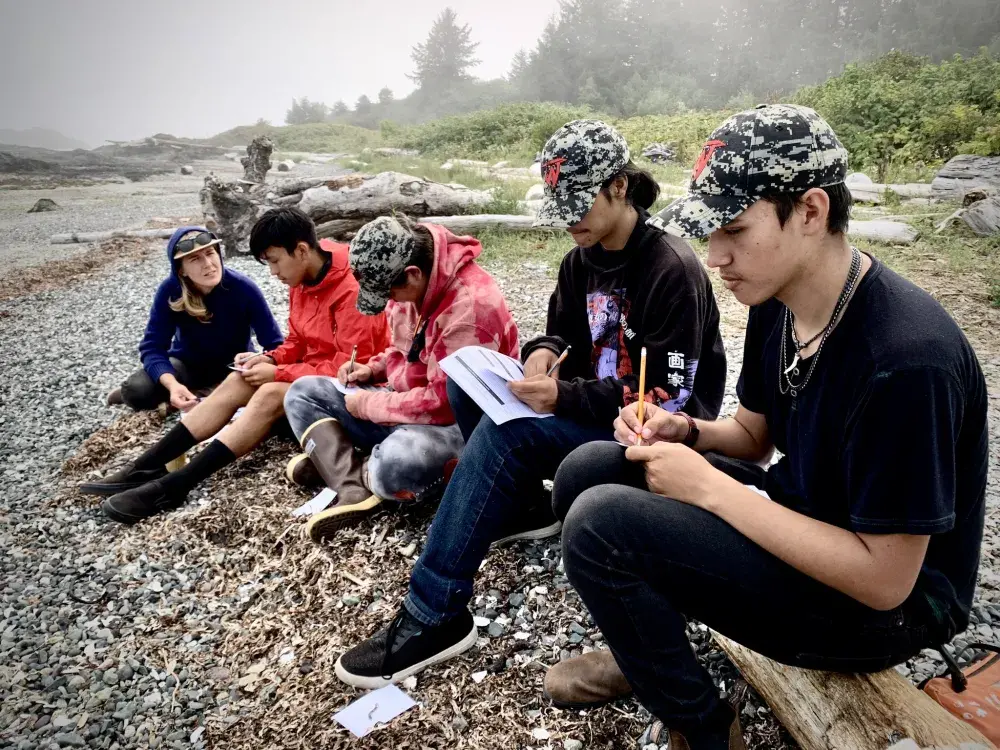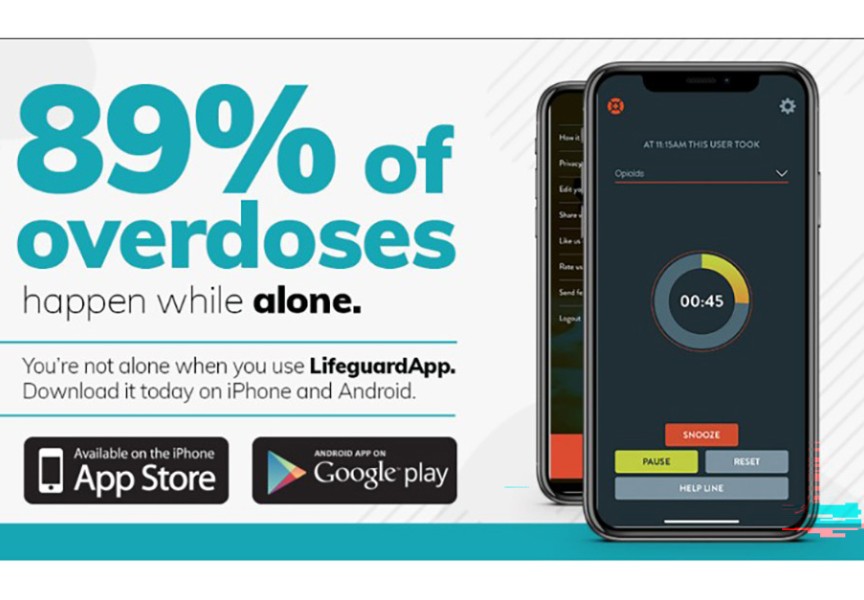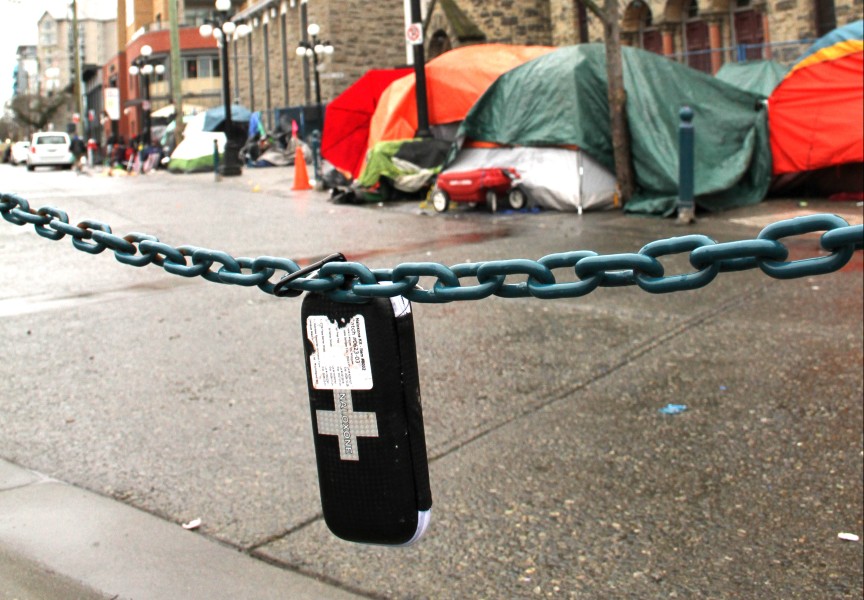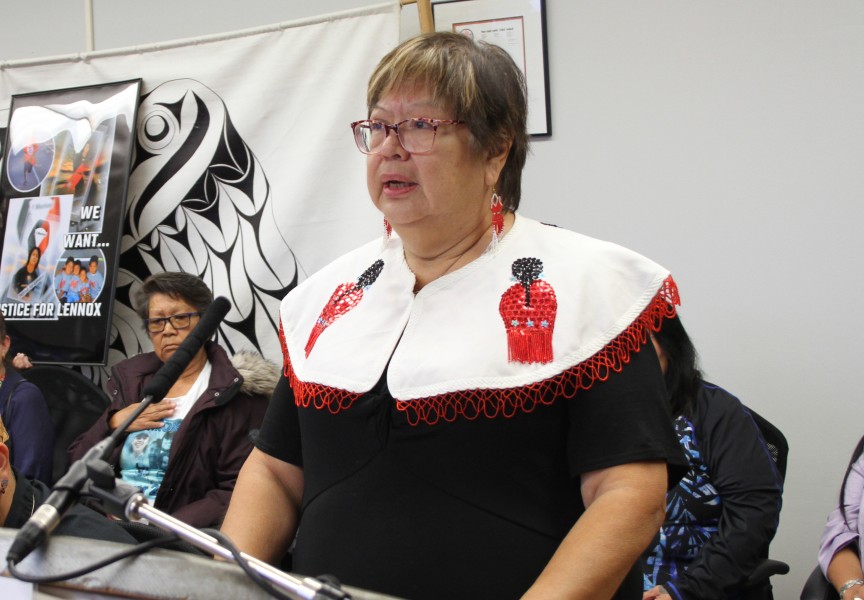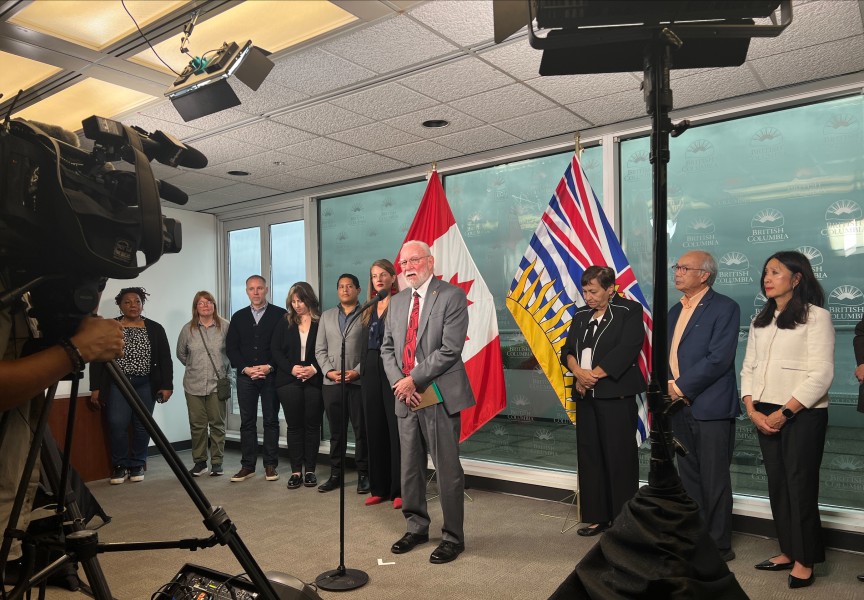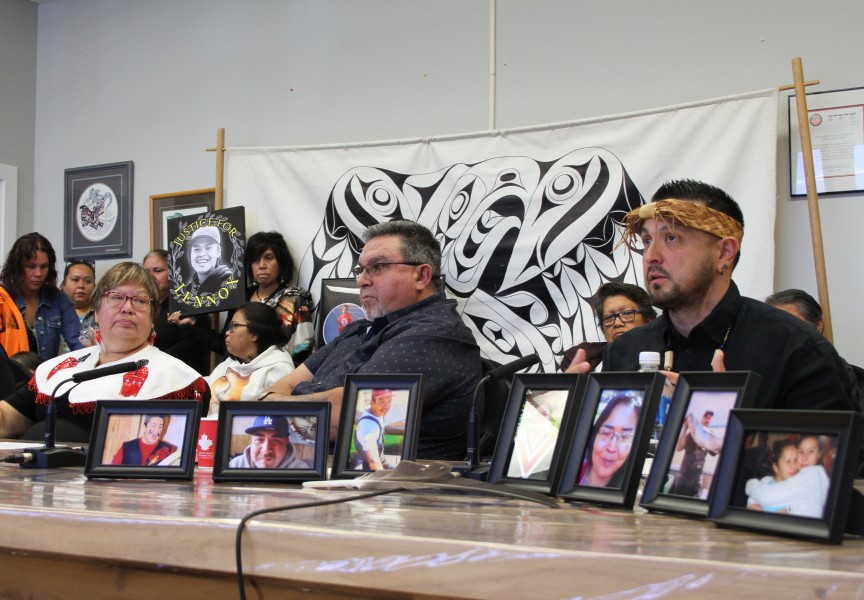The Nuu-chah-nulth Youth Warrior Society has embarked on the arduous journey of youth substance use prevention by turning to an upstream initiative called the Icelandic Prevention Model.
The Icelandic Prevention Model is being used in hundreds of municipalities and communities around the world. The model is a community-based, bottom-up approach designed to deter adolescent substance use by focusing on holistic community building and long-term progress rather than standard short-term solutions.
In the 1990s, Iceland ranked comparatively high amongst other European countries when it came to youth alcohol, tobacco and drug use. By pioneering and widely implementing the long-term, community-based prevention method, the country dramatically reduced substance use amongst Icelandic youth over the last 20 plus years.
“We are using that model and adapting it to meet the needs of Indigenous young men in Port Alberni,” said Dr. Ricardo Manmohan, a Youth Warrior coordinator who served as captain in the Canadian Armed Forces.
“With this one, we want to bring everybody along. This is a long-term one. This is a multi-Nation program, and it’s got to be done slowly and it’s got to be done with the right Elders, the right knowledge givers and the right matriarchs, especially. We’ve got to go real slow,” he said.
Program funding was established through the Public Health Agency of Canada’s Youth Substance Use Prevention Program, with over $3.1 million allocated to eight groups across the country to “help support the response to the toxic illegal drug supply and overdose crisis”, reads a June 2024 announcement from the Government of Canada. The Nuu-chah-nulth Youth Warriors received $125,000 over 18 months to implement the Icelandic Prevention Model through an effort they are calling ‘Strengthening the Circle: Supporting Healthy Pathways for Nuu-chah-nulth Youth’.
Huu-ay-aht First Nation’s Leonard Nookemis, 24, has been the program co-ordinator for the Warriors for the last four years.
“My hope is to bring the youth up to their territories. There are some youth who don’t know their complete roots and would like to know more about who they are and where they come from. I think it’s really powerful to bless them with that knowledge,” said Nookemis.
Nookemis grew up out of community, in Port Alberni and in foster care until he was 16. He stressed that the Nuu-chah-nulth Warrior Society is something he wished he had when he was growing up.
“It’s a safe place for us to come together and fail. And that’s how I’ve gotten to where I am in this program, just being held up by how many times I’m allowed to fail. I wouldn’t be the man I am today without this program. I can’t say that ever enough,” Nookemis said.
Raven Watts, who is of Ahousaht and Tseshaht First Nation descent, joined the Warriors program in 2022.
Watts was working the night shift at a resort when an opportunity to take part in a Warriors program crossed his path.
“Opportunity came towards me to do construction, at first, I wasn’t really sure, my mindset was in a routine, I was comfortable with my pay and I didn’t have to worry about being employed. But because I jumped through this hoop and took the risk, I have goals of becoming a Red Seal carpenter,” Watts said.
“If there is an opportunity, be open-minded. Take whatever opportunity comes your way,” Watts encouraged Nuu-chah-nulth youth.
The Icelandic Prevention Model requires a shift in thinking.
Planet Youth, the Reykjavik-based legal entity that supports communities to adapt and implement the Icelandic Prevention Model, says the model requires going from an individual perspective to a collective perspective, and from short-term goal setting to long-term goal setting.
The central theme to the youth substance use prevention model is community engagement and collaboration between sectors that usually do not interact much with one another: researchers, policy makers, practitioners, community serving-organizations, schools and families.
“We have to build a coalition of people in Port Alberni that care about the youth, pretty easy I think, we have a lot of good allies already,” said Manmohan, adding that they have connected with the Port Alberni Friendship Centre.
The Icelandic Prevention Model is also data-driven and “continuously links national-level data collection with local-level reflection and action to increase social capital,” according to Planet Youth.
As a result of the ongoing survey, Iceland changed laws and state funding for organized sports and arts was increased.
For example, it became illegal to buy tobacco under the age of 18 and alcohol under the age of 20, and tobacco and alcohol advertising was banned. Another law, which is still in effect today, was passed prohibiting children aged between 13 and 16 from being outside after 10 p.m. in winter and midnight in summer.
In Reykjavik, where more than a third of the country’s population lives, a Leisure Card gives families 350 Euro / $525CAN per child per year to pay for recreational activities, according to Planet Youth.
Nookemis says the Nuu-chah-nulth Warriors are aiming to get young men together one night each week, and incorporating traditional canoe journeys and after school sports programs is in discussion as well.
“The goal is to bring up the youngest youth,” Nookemis adds.
Manmohan says the Port Alberni program will welcome all those who identify as males and as well as two-spirited people.
“We find the learning environment changes when we create an all-gender environment. It’s just not healthy. We’ve had enough experiences not knowing where the men are that we had to make the decision not to,” explained Manmohan.

